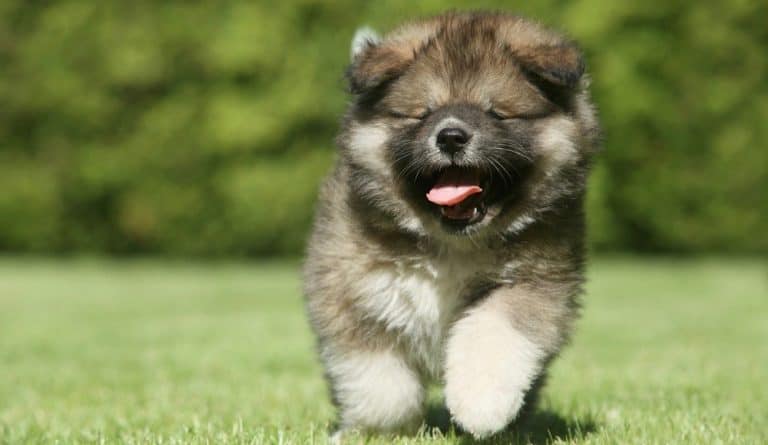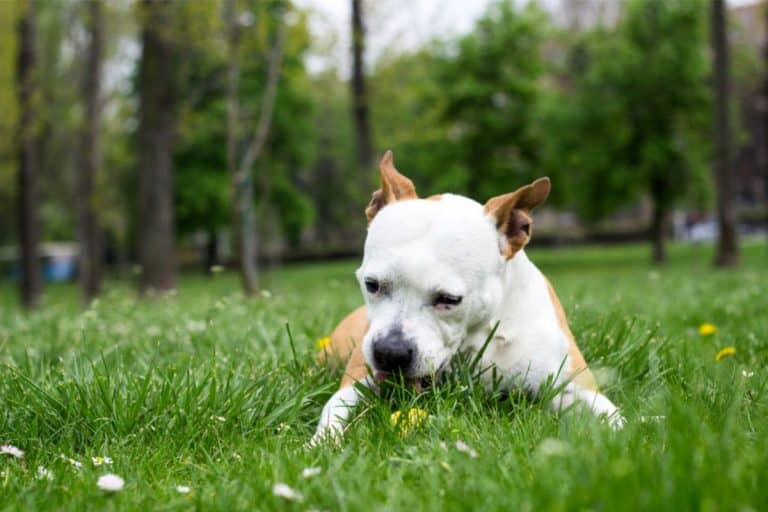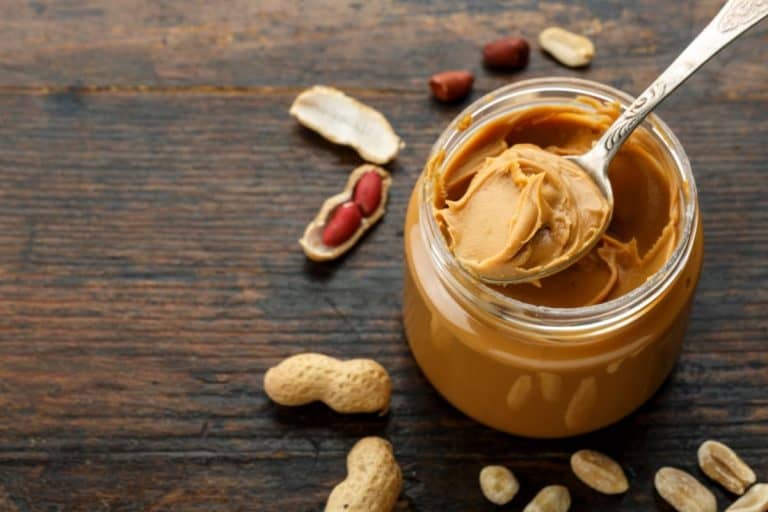Why Are There Worms In Your Dog’s Water Bowl?
If you free-feed your dog’s water, you will most likely have a bowl set out for him to drink. And you may have probably noticed worm-like creatures swimming around inside it, leading to the question, “Why are there worms in my dog’s water bowl?”
These squiggly worms find themselves in the stagnant water of buckets, bowls, or any other water receptacle.
They are most likely the larvae of flies and mosquitoes. If your dog swallows them in their larvae stage you don’t have anything to be worried about.
However, stagnant water around your promises could cause you and your dog future problems. Insects like mosquitoes can pass on harmful diseases between pets and humans.
So it is always important to keep ahead of these pests.
The best way to reduce these pests is to regularly change your dog’s bowl of water so that insects do not have time to lay their eggs.
Even if they do, you will have washed the bowl of water getting rid of them. Washing your dog’s bowl and replacing the water every day can help a lot.
We will go through many of the reasons for the appearance of worms in your dog’s water and what you can do to stop it from happening.
Are Worms In My Dog Water Bowl Normal?
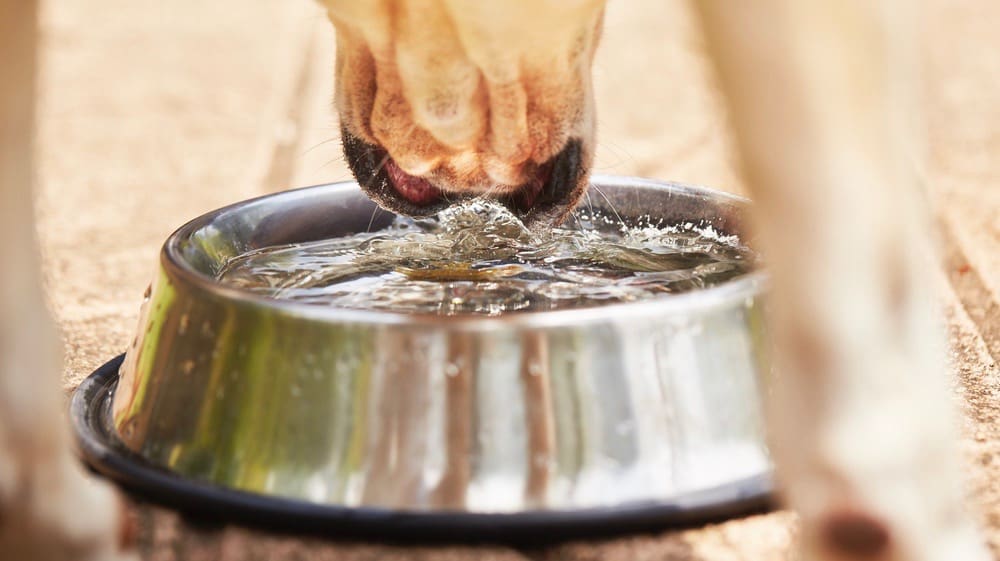
Many types of insects lay eggs in water because the environment the bowl of water creates is ideal for their survival.
The larvae grow and develop with ease in these bowls of water. Stagnant water is particularly preferred by mosquitoes and flies.
The larvae of mosquitoes and flies have the appearance of little airy worms that have larger heads.
Their bodies look like it is segmented into parts, and they can survive in the water for a period of up to two weeks as they sustain themselves by eating fungi, plankton, algae, and other microorganisms.
The larvae that are surviving in the water, cannot absorb oxygen through liquid like fish and other underwater animals, but they usually swim to the surface to breathe oxygen and release carbon dioxide.
What Are The White Worms In My Dog’s Water Bowl?
Long white worms in your dog’s water bowl are probably Gordian worms. Gordian worms are parasites to insects and crustaceans and not house pets such as cats and dogs.
Nonetheless, you do not want this worm should be ingested by your dog or anywhere close to his body. They usually lurk in vegetation that is close to a source of water and are eaten by insects.
When the insects eat the Gordian worm, they begin to grow inside the abdominal cavity and then trick the insect’s body into moving toward a source of water.
The Gordian then becomes an adult and can jump into your dog’s water bowl until your dog consumes them.
This may cause some damage to your dog’s health, but many dogs regurgitate them or pass them in their stools. Your dog may have issues with his GI tract if he swallows a Gordian worm.
What Are The Brown Worms In My Dog’s Water Dish?
If you see a brown worm in your dog’s water bowl, it could be a number of species because many types of worms exist.
Therefore, you won’t know exactly which worm is in his water bowl, but the roundworm is light brown and typically found in dogs.
This is a famous parasite that affects dogs, and would you usually lodge itself in your dog’s intestines which can have serious consequences if treatment is not given.
Fortunately, roundworms are common in dogs, so veterinarians usually know how to treat them.
In many cases, your dog can get roundworms when they are puppies because they have been passed on from their mothers. They can also get the roundworms from their water bowl or rodents they ate in the vicinity.
Look out for symptoms like coughing, weight loss, vomiting, abdominal swelling, diarrhea, worms in the stool or vomit, and weakness.
These symptoms should be treated seriously, and you should visit a veterinarian as soon as possible.
Why Are There Worms In My Dog’s Water Bowl?
Mosquitoes and flies frequently lay their eggs in stagnant water so that they can survive. When they are pregnant they travel to places where there is water and lay eggs.
The eggs are usually on the water surface where there is a bit of movement so that they can hatch.
Even though the larvae can swim they are not very good swimmers, so strong currents can destroy them quickly.
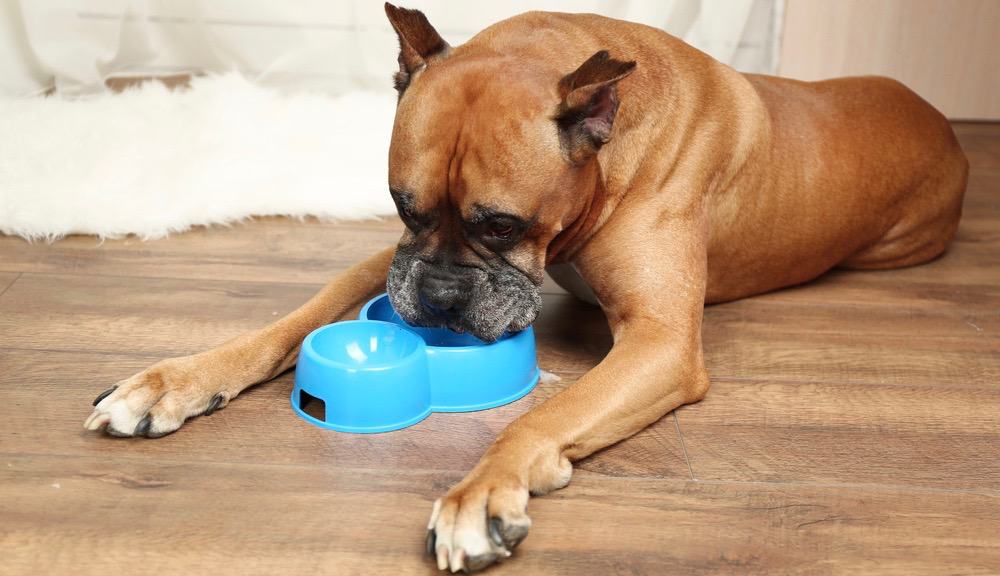
For example, mosquitoes do not lay their eggs in streams or rivers because they will be quickly washed away and die. This is why they need stagnant water. They look for the most ideal location to place their eggs.
These are places like swamps, ponds, small puddles, basins, buckets, and your dog’s water bowl previous.
The front mosquito and fly species are choosy about where they reproduce and lay their eggs. Some of them use swamps while others may use forest pools.
If you have not changed your dog’s water bowl for a few days then microorganisms such as algae may start to develop. This makes it a prime location for mosquitoes to lay their eggs. They also like darker areas.
Worms and larvae mostly develop because of the environment that you have which may be good for them.
They are attracted by the slightest bit of moisture. They have never been known to come from the water supply so just clean your dog’s bowl regularly.
What Do You Do When There Are Worms In Your Dog’s Water?
As dog parents, you should ensure that your dog’s water bowl is clean, and he has fresh water every day. The water bowl should be placed in an area where harmful chemicals or organisms cannot fall into it.
The best way to do this is to change the bowl regularly like once a day and make sure you scrub it with a brush and some sort of soap.
If you do this, then harmful organisms or even chemicals cannot affect your dog easily. Make sure that you rinse thoroughly after using any type of soap.
You can also treat the vicinity of your doors with a few chemical solutions. These may include pet-friendly insecticides.
If you are leaving the bowl out make sure that it is circulated water so that mosquitoes or flies will not be attracted to it. Remember they like still water and not water that is moving.
Some people recommend adding apple cider vinegar to the water so that it will deter mosquitoes and flies from laying their eggs.
It will also kill any eggs that are in the water. If you incorporate all these measures then your dog will be safe to drink his water without the fear of insects.
However, if you have taken all these measures but still see worms in your dog’s water then it may be a problem that he has in particular.
Take a specimen of the worm to your veterinarian so he can verify what is going on with your dog. Your dog may have parasites inside his body that make their way into the water.
Can Dogs Get Worms From Drinking Water?
The short answer is yes! Your dogs can get worms by drinking water that has parasites and bacteria.
Especially if he is drinking water from the public water bowl in the dog park. You should do everything you can to make sure that your dog doesn’t drink from a public place.
These are some parasites and bacteria that can affect your dog:
- Coccidia – This is a parasite that makes your dog suffer from gastrointestinal discomfort and abdominal pain. Most times it goes unnoticed because it has only mild symptoms, but it can affect immunocompromised dogs, puppies, and senior dogs.
- E.coli – This also causes gastrointestinal discomfort and survives in water for long periods. E.coli can get very dangerous if it enters the bloodstream because it would make your dog is susceptible to endotoxic shock which is lethal in most cases.
- Giardia – This is a parasite that thrives in water. They can be harmful to dogs by causing issues such as diarrhea. This is quite serious because it can affect humans as well through contamination with your dog.
- Leptospirosis – This is a form of bacteria that loves water and spreads through animals’ urine. This is another reason why drinking from public places is not advised because urine can be found in public water bowls.
Are Worms In Water Dangerous To Dogs?
Mosquito larvae will not harm your dog in its current state. They are not poisonous and will not bite or sting.
If they find themselves in your dog’s water bowl, then he may in just a few of them, and he would pass them out in his stool just like ordinary food.
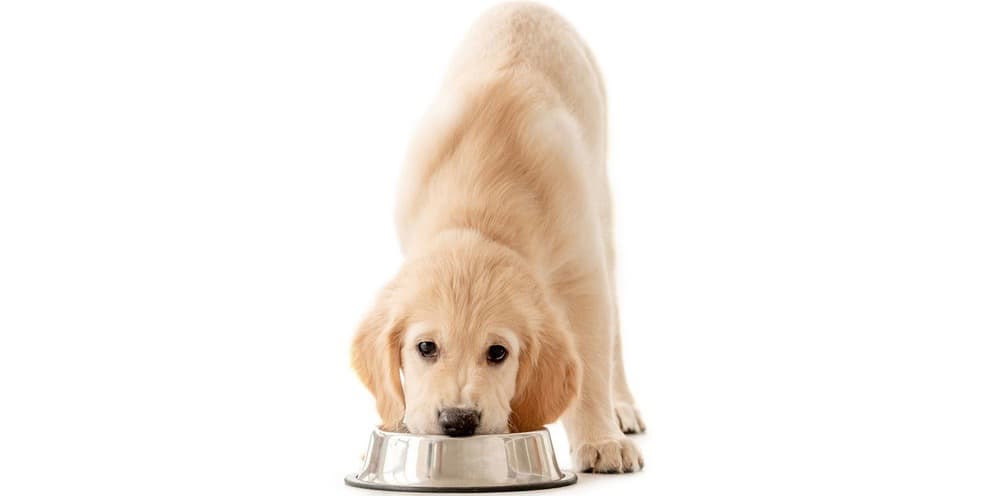
Dogs are omnivores, so the larvae will not affect them negatively. However, if you notice any sign of discomfort in your dog after he has drunk stagnant water you should monitor him closely.
If the symptoms do not improve then the best thing you can do is visit a veterinarian to ensure that he is okay. The symptoms you need to look for are vomiting, loss of appetite, and diarrhea.
Can Mosquito Larvae Give My Dog Heartworms?
To answer this question we need to look at what larvae is capable of. Mosquito larvae are not able to give your dog heartworms even if they are consumed in large quantities.
However, adult mosquitoes can spread heartworm in dogs. These mosquitoes usually transfer infected heartworm larvae when they feed on your dog.
The heartworm larva goes into the bloodstream and ends up in the surrounding blood vessels of your dog’s heart as they begin to mature.
The parasite can do serious damage once they end up in your dog’s bloodstream because they can impair your dog’s blood supply and cause clogs in the blood vessels.
Because of this, you may notice that your dog is fatigued or is unable to exercise altogether. He may also have difficulty breathing and his heart may sound abnormal.
Heartworms are a serious matter as they pose a great risk to your dog’s health. If you suspect that your dog has heartworms you should seek medical attention as soon as possible.
The recovery from issues related to heartworms can be tedious on the owner and dog because you will need to make sure that your dog does not move around in any major way while recovery and treatment are going on.
This could all be prevented by making sure that your dog has clean water daily.
FAQ’s
Why Are Puppies More Susceptible To Worms?
Puppies are more susceptible to worms because of their curiosity and tendency to explore their surroundings.
They frequently involve themselves in mischief all around the house and yard. Puppies usually interfere with harmful substances in the yard so have they are at high risk for worms.
Not only that, but they have fleas and dig up dirt or feces. They even sample some of this dirt and feces which can cause when in their intestines.
Should I Deworm My Dog?
It is important that you regularly de-worm your dog. Have a discussion with your veterinarian about the best way to do this.
The vet would usually give you some form of deworming pill which gets rid of the adult worms in your dog’s intestine.
If there are a lot of worms you can see them in the stool that your dog will pass. A safe frequency for deworming is about every month especially in the summer.
When Should I Visit The Emergency Animal Hospital?
There are many instances when you should see a veterinarian right away as it pertains to treatment for worms.
The veterinarian can deliver specialized procedures to remove worms that are located in the digestive tract of your dog.
They can also get rid of mosquito larvae. If you have an older dog then you can take him to an animal hospital for special care. This is also the case if they need to be taken and for severe infestation.
Can Dogs Get Worms From Drinking The Same Water?
When dogs drink the same water, there can be contamination passed on. If you have several dogs, they can all end up with worms because they are contaminated from drinking the same water.
If you are aware that one of your dogs has worms you should do your best to keep them separated from the other dogs so that the contamination does not spread.
Furthermore, if your dog was infected with worms that did not come from his water bowl then the chance of spreading the infection is low.
Final Words
If you notice that black worms are swimming in your dog’s bowl, then in most cases it would turn out to be mosquito or fly larvae.
While they are larvae they do not threaten your dog’s health but as they grow older, and they have the potential to do serious harm to your dog.
The best thing you can do is get rid of these pests by making sure the dog bowl is clean by replacing it with fresh water every day and making sure to scrub it so that algae does not accumulate. The larvae love to feed on these algae.
Be on the lookout for mosquitoes and that can you give your dog heartworm disease which can be fatal.
Also, look into products that allow your dog to press a button and receive flowing water. This may be a better option when compared to stagnant water which may be harmful.
Additionally, stainless-steel bowls may be your best bet when it comes to your dog since other options are more likely to create an environment where these are likely to accumulate.


